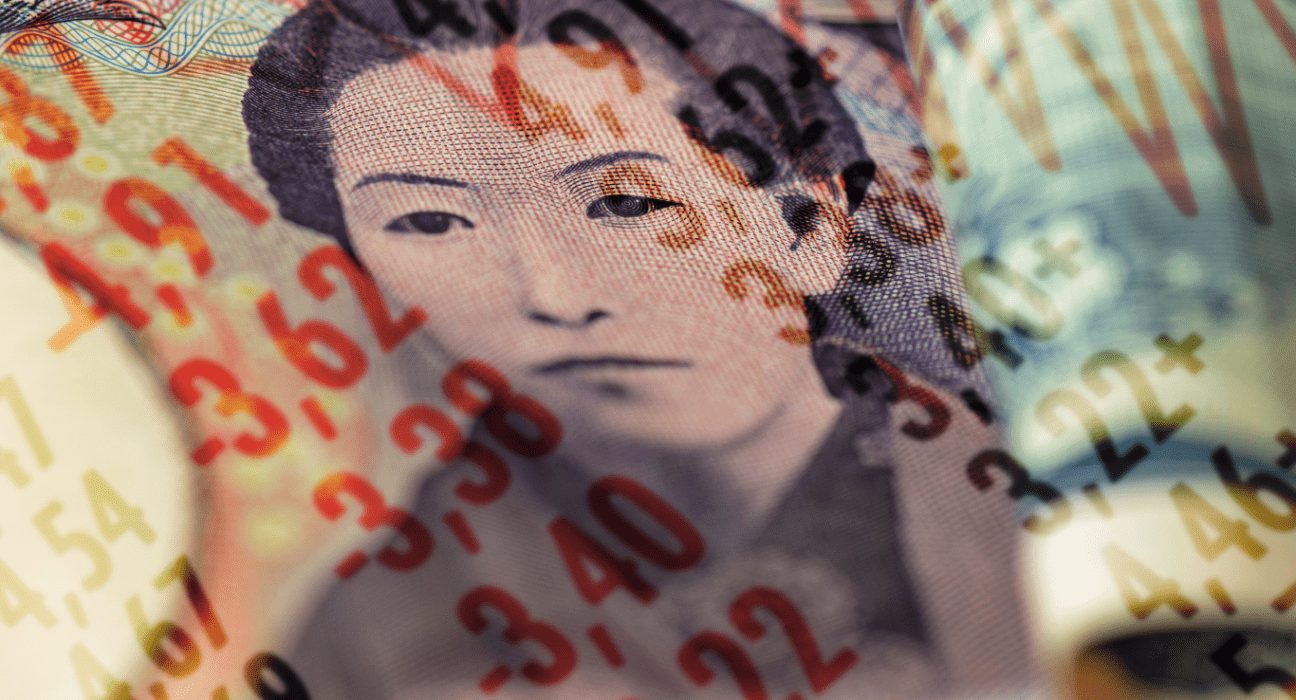As Japan’s Deputy Chief Cabinet Secretary Seiji Kihara noted, the country’s economic growth hinges on maintaining stable and sustainable inflation, even as the Bank of Japan (BOJ) undergoes a leadership transition. Kihara’s remarks come as the current BOJ Governor, Haruhiko Kuroda, is set to step down in April 2023, and Prime Minister Fumio Kishida’s administration looks to find a suitable successor.
Achieving Stable and Sustainable Inflation
Kihara’s comments stress the importance of creating economic conditions that foster stable and sustainable inflation. This sentiment is especially relevant as the BOJ continues its unprecedented monetary easing program, aiming to achieve its 2% inflation target. Despite its best efforts, the BOJ has failed to generate inflation for an extended period.
Kihara’s statement suggests that any successor to Kuroda must be committed to finding innovative ways to promote sustainable inflation. He did not, however, indicate a preference for the BOJ governor candidate. Instead, he emphasized that the prime minister would select the individual who he believes is most qualified for the role.
In response to rising fuel and raw material costs, Kihara noted that the government was prepared to take flexible measures to address the economic blow. The Kishida administration has already introduced subsidies to curtail utility and gasoline bills while urging companies to increase wages.
Raising Wages: A Key Growth Strategy
As Kihara pointed out, the government’s top priority is to raise wages to promote economic growth. The Kishida administration’s strategy to cushion the economic blow of rising costs includes subsidizing utility and gasoline bills, as well as encouraging firms to increase wages. The latter is vital as wage hikes can drive domestic consumption, which can contribute to stable inflation.
BOJ’s Monetary Policy and Leadership Transition
The choice of BOJ governor will have a significant impact on Japan’s monetary policy and its future trajectory. Kuroda has led the BOJ since 2013 and implemented policies such as quantitative and qualitative easing and yield curve control. His successor will have to navigate the post-pandemic economic environment while facing the challenge of maintaining stable and sustainable inflation.
The BOJ’s monetary policy has been ultra-easy in recent years, and there have been discussions about when and how the central bank will begin phasing out its massive stimulus. The BOJ’s monetary policy, including its unprecedented monetary easing program, has come under scrutiny in recent years, with many arguing that it has failed to stimulate economic growth and foster stable inflation.
Conclusion
As Japan’s Deputy Chief Cabinet Secretary Seiji Kihara emphasized, achieving stable and sustainable inflation is critical for the country’s economic growth. With the BOJ leadership transition in April 2023, the Kishida administration will need to find a suitable candidate committed to achieving this goal. While the BOJ’s monetary policy has been ultra-easy, there are discussions about phasing out the massive stimulus. Still, this will depend on the country’s inflation rate and the new governor’s approach. Overall, finding the right candidate for BOJ governor is vital to steer Japan’s economic growth in the right direction.










